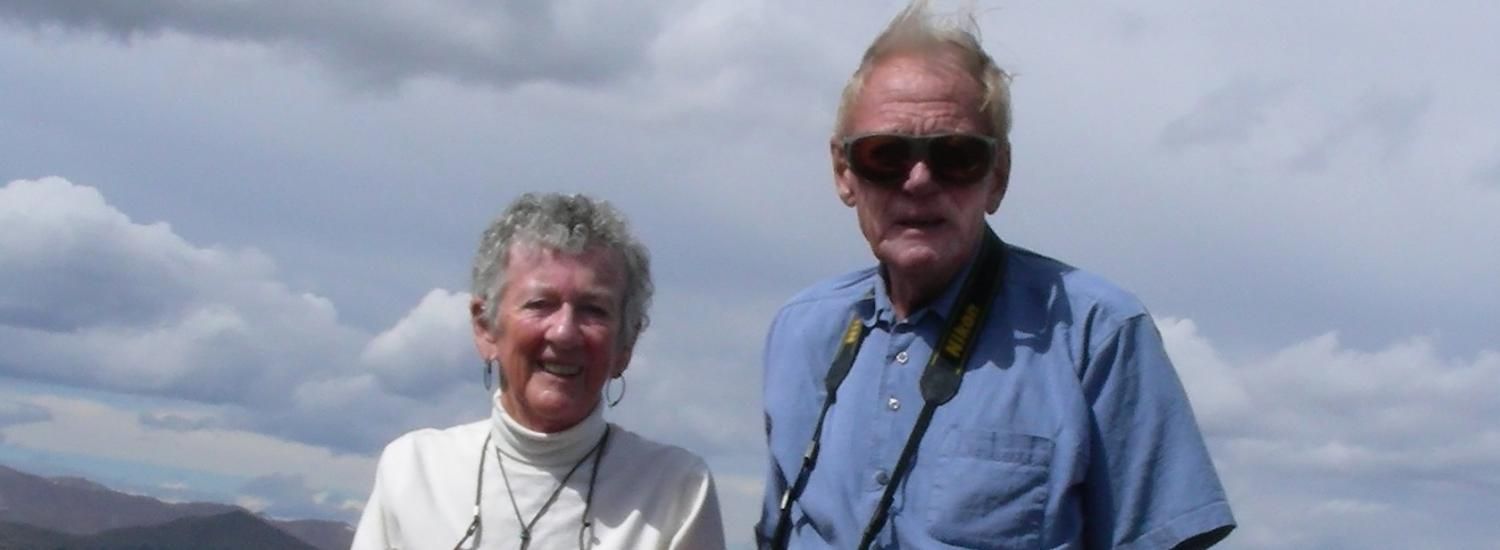Reid Memorial Scholarship
CIRES employees can nominate extraordinary graduate students for a Reid scholarship

Reid Memorial Scholarship
CIRES employees can nominate extraordinary graduate students for a Reid scholarship
George C. Reid, one of the four founding CIRES Fellows, passed away in 2011. Reid was an eminent atmospheric scientist who pioneered research into critical environmental issues such as stratospheric ozone depletion and global climate change. To honor his legacy, George’s wife Joan made a generous gift to CIRES to support the creation of the George C. Reid Endowed Scholarship Fund, for the benefit of CIRES, in the Graduate School at the University of Colorado Boulder. When Joan passed away in 2015, the Reid family expanded the gift to honor the couple’s collective contributions to the University of Colorado community with the George C. and Joan A. Reid Memorial Scholarship Fund.
Every two years, the $2,000 scholarship is awarded to an outstanding CIRES graduate student. Nomination letters can be submitted by any member of the CIRES community (including staff, researchers, and postdocs) and should address the nominee’s achievements in scholarship and community service to CIRES and the University. Letters (submitted to the CIRES Associate Director of Science) are generally due April 1, so scholarship recipients can be honored at the CIRES Rendezvous annual science symposium in May.
To be eligible for nomination, graduate students must be currently enrolled in an academic department at the University of Colorado Boulder, and their primary advisor must be a CIRES Fellow or CIRES researcher. Student GRAs working with CIRES researchers who are not their primary advisor are not eligible.